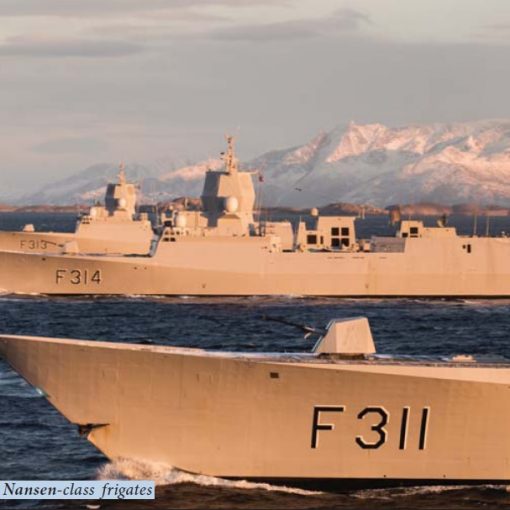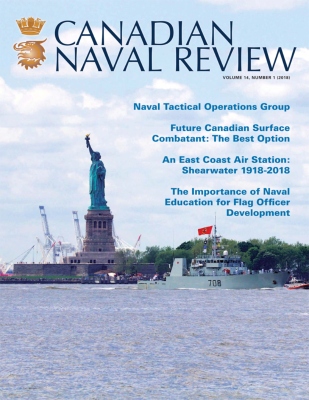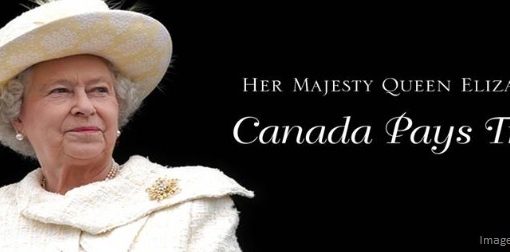The U.S. Navy, Coast Guard and Marine Corps announced the first collective declaration of national maritime strategy on 17 October. To date, commentaries on the strategy are mixed. While much of the strategy’s main elements are recognizable (forward presence, deterrence, sea control and power projection), among the new features of the strategy are an emphasis on multilateralism plus the recognition that disaster response and humanitarian assistance are tasks for which the American sea services are uniquely suited to and will undertake. This new approach has been likened by reporters to a shift to ‘soft power’.
Analysts have also noted that the strategy is deficient in some respects. One commentator wrote that the strategy does not contain a ‘blue print’ that can be used by force structure planners. Bob Work, an analyst for the Center for Strategic and Budgetary Assessments, was quoted in an Inside the Navy article, at InsideDefense.com, as saying, “[This] is not really a strategy document but a listing of competencies and priorities for the Navy. … Listing those types of things does not constitute a strategy.”
Insider comments on the ‘Alidade’ on-line discussion forum suggest that the only way to avoid intra-service strife over the question of fleet composition was to sideline that part of the discussion, focusing instead on the purely theoretical aspects of strategy formulation. Work is a critic of the USN’s force structure and an advocate of a new ‘bi-modal’ plan (along with Wayne Hughes, Jr.), one that is dramatically different from the current all-high capability fleet. Admiral Mullen has left the derivative analysis on such issues to come at a later stage of the planning process.
The new maritime strategy leaves several questions for America’s allies and neighbours to consider:
Ø How does this new maritime strategy 'square' with the conduct of the conflicts in Iraq and Afghanistan?
Ø Will this new strategy inform the policy of the next American Administration?
Ø Where does a U.S. shift in strategy leave Canada and other NATO allies?
Ø Does the 'rise of the admirals' to effective control of the U.S. military signal to Canada that changes in our plans and methods are needed?
These questions are worthy of debate by security analysts and warfare theorists of all service persuasions.
The full maritime strategy is available online at http://www. navy.mil/maritime.




